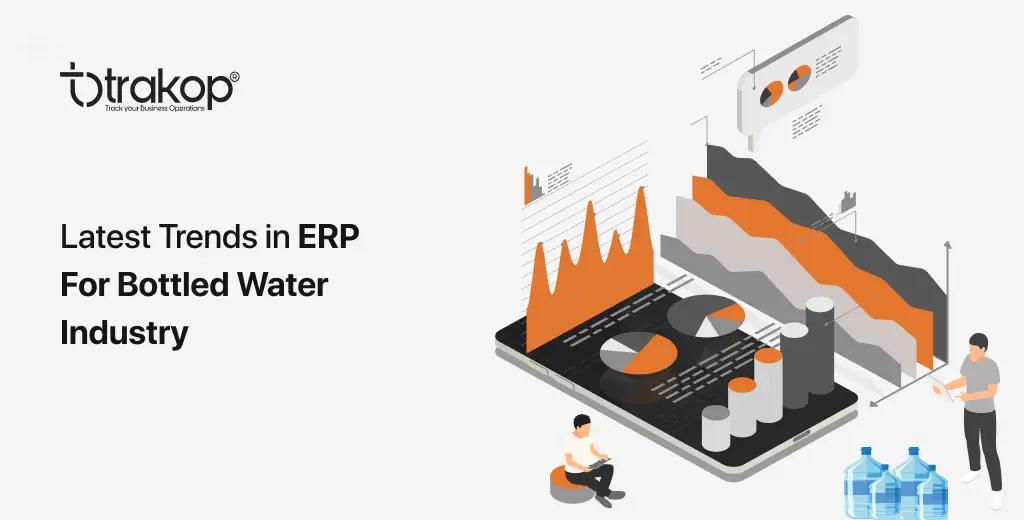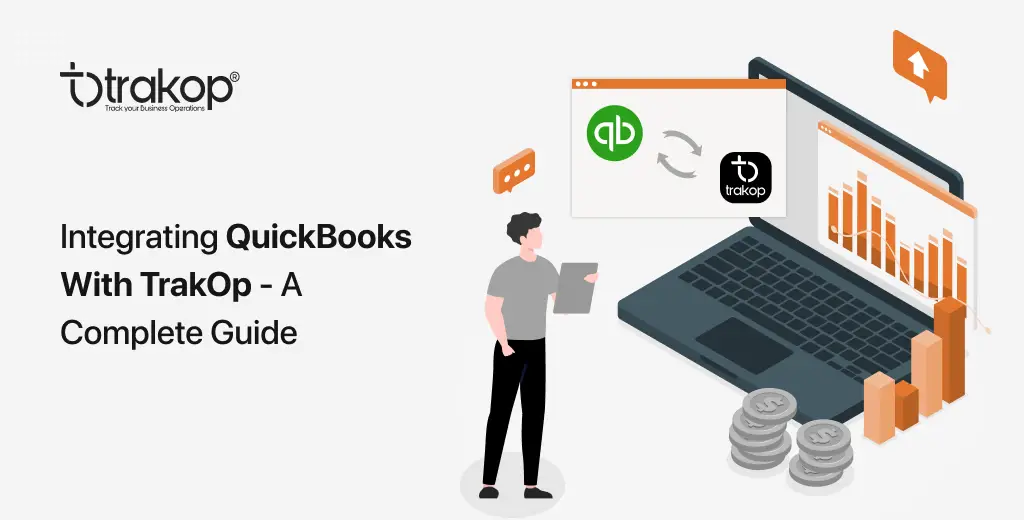What is Subscription Management Software? Features and Benefits

Subscription-based models have become increasingly prevalent across various industries in the rapidly evolving landscape of modern business. Businesses use subscription management software to handle their recurring revenue streams and clientele. This innovative tool allows businesses to manage subscriptions more efficiently, automate billing processes, and improve customer experiences.
In this blog, we’ll delve into what subscription management software entails, explore its key features, and uncover the benefits it offers to businesses.
Understanding subscription software
Subscription software is a SaaS-based solution created and updated to streamline subscription-based services or product management. It provides a thorough framework for monitoring and controlling every facet of subscription lifecycles, including acquisition, billing, renewals, and customer service.
Challenges faced by subscription businesses without management software
Manual processes and administrative burden – Manual subscriptions, billing and customer data management lead to increased administrative work with higher chances of human error, which consumes most of the time.
Billing errors and inefficiencies – Manual billing can lead to incorrect invoicing, billing discrepancies, and missing payments, resulting in customer dissatisfaction, payment delays, and financial losses.
Limited scalability and flexibility – Adapting to ever-changing customer needs, offering flexible subscriptions or quickly implementing changes to pricing models or subscription tiers might make it difficult for businesses to scale.
Customer management challenges – Tracking subscription preferences, managing customer interactions and maintaining accurate data without a system do not allow businesses to offer personalised experiences.
Lack of automated renewals and upgrades – Automating subscription downgrades, upgrades, and renewals are tedious in manual subscription management, which results in lost revenue, increased customer attrition rates, and missed renewal opportunities.
Limited insights and analytics – Inadequate data results in flawed analysis, leading to less customer behaviour understanding, ineffective cross-selling tactics, and subpar pricing strategies.
Customer support challenges – Manual subscription management can result in frequent delays in responding to customers’ queries or problems with upgrades, cancellations, or billing.
Poor inventory management – Controlling inventory levels, predicting demand, and guaranteeing on-time delivery for businesses that offer physical products.
Higher operational costs and reduced profit margins – Operational expenses rise when manual processes demand more labour, time, and resources, reducing profit margins
Features of subscription software solutions
Automated billing and invoicing – Automation permits automated billing cycles, invoicing, and recurring payment collection Based on subscription plans and billing periods.
Flexible subscription plans – Enable businesses to design subscription packages and offer discounts. Customers can choose a customised subscription plan.
Customer management and self-service portals – The system provides a centralised database for customer profiles, preferences, and histories. Customers can manage their subscriptions, update details, and view billing history through self-service portals, such as customer interfaces (mobile apps for iOS and Android and customer websites).
Recurring revenue tracking – Auto-generates weekly, biweekly and monthly invoices and sends them to customers via email or direct message. Measures recurring revenue and analyses it to provide insights into growth and revenue sources.
Auto-debit payments – Customers can choose the auto-debit option with credit or debit cards, allowing them to make timely payments and ensure positive cash flow.
Integration and compatibility – Integrates seamlessly using APIs with other business systems, such as CRM, accounting, and marketing tools.
Analytics and reporting – Generate detailed analytics and reports on subscription metrics, allowing businesses to make data-driven decisions. Business owners can analyse these reports and plan future sales accordingly. It eases the expansion and scaling of the business.
Trial periods and promotions – Enables the setup of product trials, subscription package discounts and promotional offers to attract and retain customers. Businesses can promote their services on social media platforms to improve brand awareness and acquire new customers. Doing so reduces marketing costs and customer acquisition costs.
Benefits of subscription management software
Improved operational efficiency – Streamlines and automates manual tasks, reducing the efforts in managing subscriptions, billing, and customer support. It improves the efficiency of the business and reduces operational costs.
Enhanced customer experience – Provides customers with self-service options (customer interface), personalised experiences, and flexibility in managing their subscriptions. A user-friendly interface, real-time tracking, notifications, and multiple payment options improve the customer experience and retention rates.
Scalability and flexibility – Adapts to changing business needs by offering flexible subscription plans and scalability to accommodate growth. The system should work seamlessly when the customer base grows and the data increases.
Reduced churn and improved retention – Enables proactive management of subscriptions, lowering attrition rates with personalised customer interactions and automated reminders to renew. Features like pending payment reminders, low balance reminders, and auto-debit improve positive cash flow and help to continue the subscription.
Revenue optimisation – Enhances billing accuracy, optimises pricing tactics, and detects upselling and cross-selling opportunities to optimise revenue potential. Businesses can list their products on the customer interface and allow them to choose.
Data-driven insights – Offers valuable insights into customer behaviour, subscription performance, and revenue trends, enabling data-driven decision-making. Business owners can define their best-performing products and plan their future sales.
Time and cost savings – Lowers operating costs related to manually managing subscriptions and minimises time spent on manual billing procedures. It improves the efficiency of the business, improving productivity and profitability.
Delivery management software for managing subscriptions has become essential for companies using subscription-based business models. This software helps businesses manage subscriptions effectively, increase revenue, and cultivate long-lasting customer relationships. Adopting subscription models by businesses has made subscription management software a crucial tactic for attaining operational excellence and maintaining success. Register for a free trial and see how Trakop can help.
Hope You Enjoyed the Read!

He loves to explore. His passion for helping delivery industries in all aspects flows through in the vision he has. In addition to providing smart solution to make delivery process flawless, Ravi also likes to write sometimes to make it easier for people from business industry looking for digital solutions.











